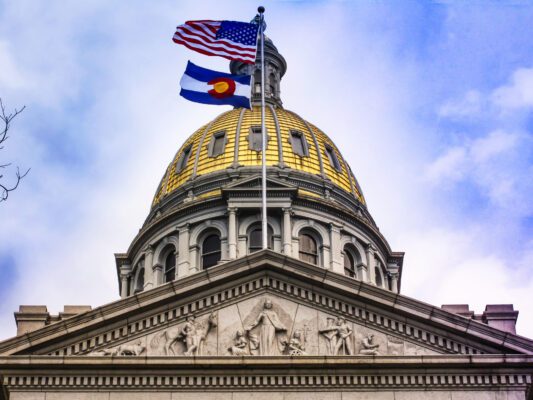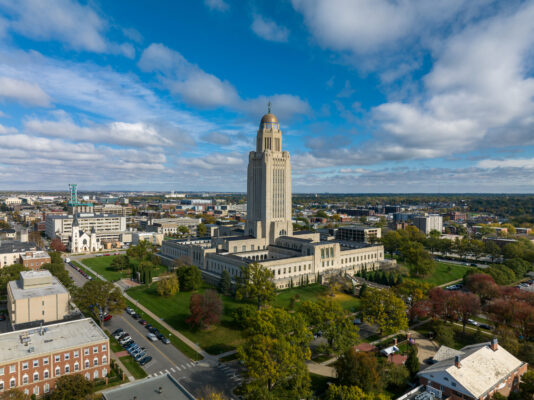I dream about my old life. The coffee stops, neighborhood bonfires, and weekend trips. I never thought I’d admit this, but I’m dying for normal rhythms again.
Banal as they seemed, I long for the days where you make a pour over on the way out the door, run an errand en route to work, catch up with a friend after, then take your kids (those dear creatures who have, in the past two months, tested everything you say you believe) to the park for a moment before sunset. Now, it’s all in your living room—your coffee, the office, your friends on Zoom, and the jungle gym. When will this end?
For now, we wait.
I want to get back to normal, too. We’re all holding our breath as we lose income, relational connections, and health—many physical, some mental. As much as it stings, I’m convinced this struggle could be an important inflection point in our stories. If we stop and search our hearts in the middle of this—between the cracks and chaos of trying to find new rhythms—normal again may not cut it.
What do you need to let die?
Historically, pivotal moments of suffering force God’s people to re-evaluate. From a spiritual angle, I invite you to reflect on this question: what might you need to let die? If this season has caused you to sense deep down that something must or will or maybe even has already changed permanently, then spend some time with this question. And beware of distraction as you do. The master narrative of consumer capitalism is a powerful force, already gearing up to regain our loyalties and push us back to “normal” levels of distracted, consuming frenzy as soon as possible.
But what if there’s something more than normal for you on the other side? Perhaps this lockdown marks the beginning of the end of something—a job you’ve outgrown, an unhealthy relationship, some economic practice or ruinous habit. It’s tough to embrace endings and to see them for what they might truly be—new beginnings that insist we grow.
So, I ask again: what might you need to let die? Sit alone with that question, if you dare.
Again, watch out. When we starve our idols to their death, they cry out in protest. They’re known to leave a painful vacuum in their wake. But, as the Easter season reminds us, the hope of something new is here. Death can lead to resurrection life.
As you wait, celebrate
To be honest, I want the results of this new life, but without the tough refining tasks required to get there. But there aren’t any shortcuts. In this in-between time of waiting, let’s not pass these months shut-in and angsty. What does it look like instead to grow through hardship and even practice new creation life—right now?
Against the gloom, what practices of hope, life, and joy can you infuse into your days?
On the historic Christian church calendar, Easter is not just a day—it’s actually a 40-day season. Though these days feel more like mourning, how might we dare to celebrate during this time? To do what Yahweh told Israel to do while enslaved—to plant gardens, have children, throw wedding parties—even under oppression?[1] As people of Jesus, we must find a way to celebrate life—for Easter is our greatest festival.[2]
In my household, we’re giving celebration a shot in simple ways. We’ve adopted 3 hens and built a large raised garden. We’re making backyard omelets and growing arugula and eggplants for the first time. Though our modest little house and yard can feel like their own exile, I am seeing spots of joy in slowing down. There is so much to explore in one tiny plot of land—as children will remind you if you put your phone down and pay attention. The worms in our compost entertain them and feed the chickens for hours—as do the pungent wild onions springing up. They never tire of sampling the perennial herbs and adding them to bouquets of cream and mauve grass flowers. When nature runs out of tricks, you can have a lot of fun with a bottle of vinegar and a box of baking soda. For a weekly delight, we light a candle on the eve of the Sabbath, then take to something joyous—baking dessert, venturing out on a picnic or hike, or blending up smoothies. Simple felicity.
What about you? Against the gloom, what practices of hope, life, and joy can you infuse into your days? Even as you juggle your coffee, office work, and kids, how will you celebrate through the waiting and hardship?









